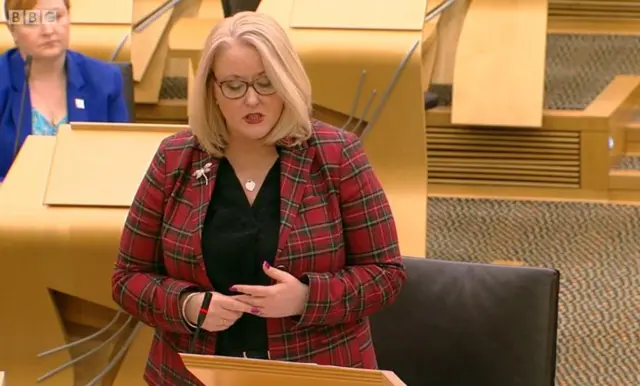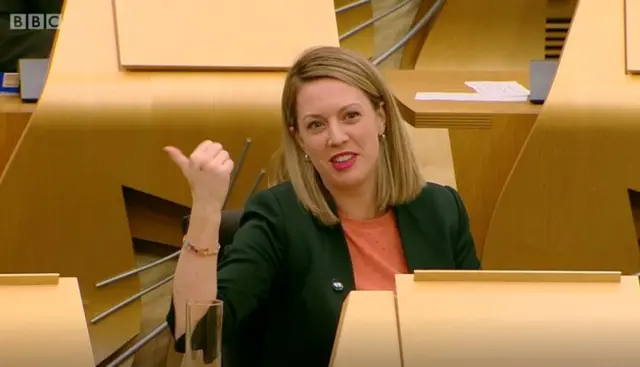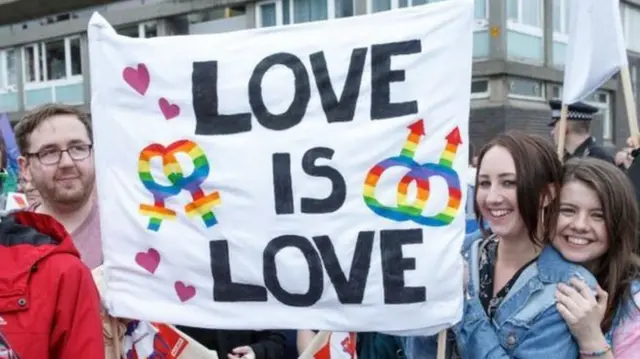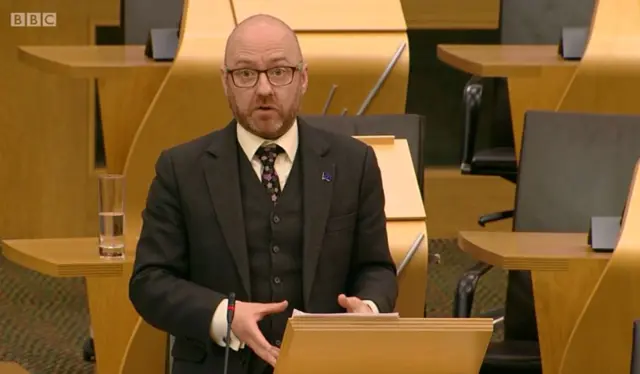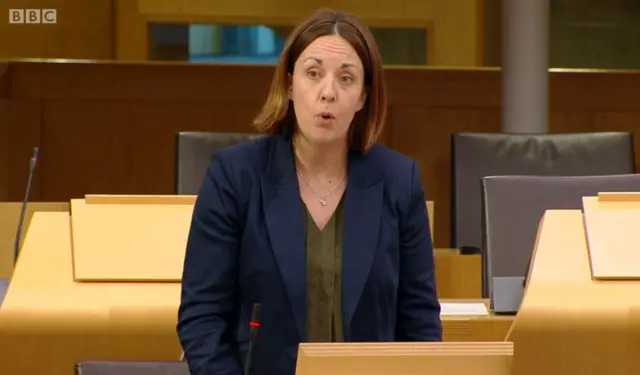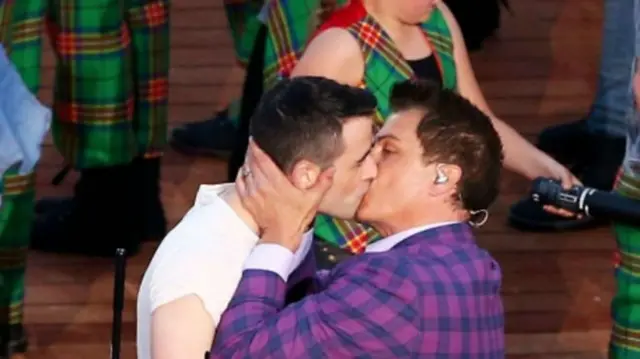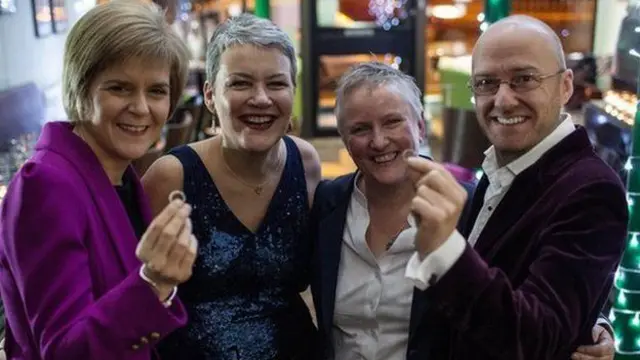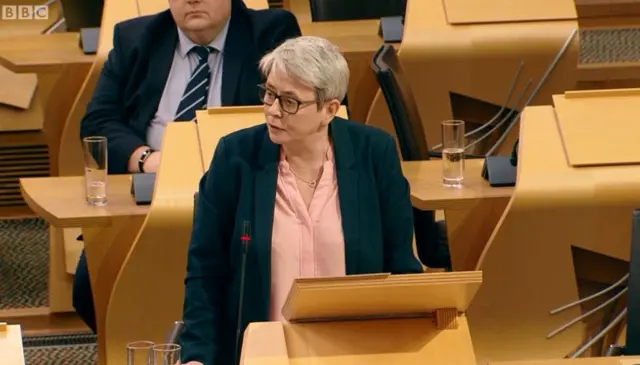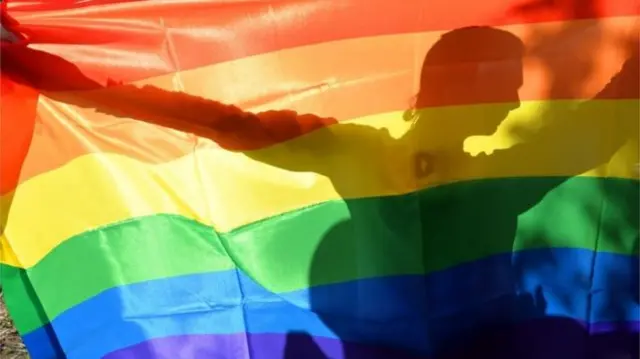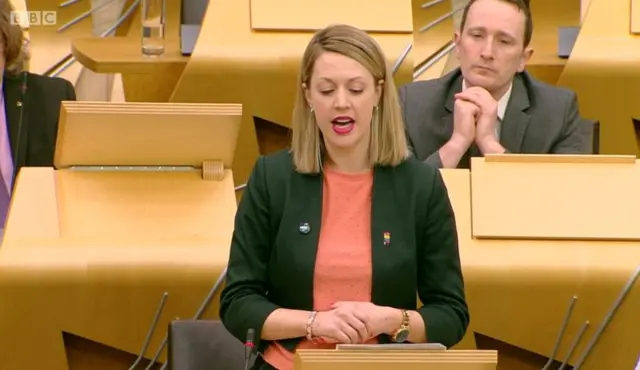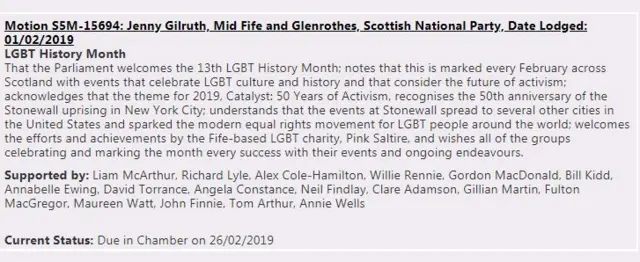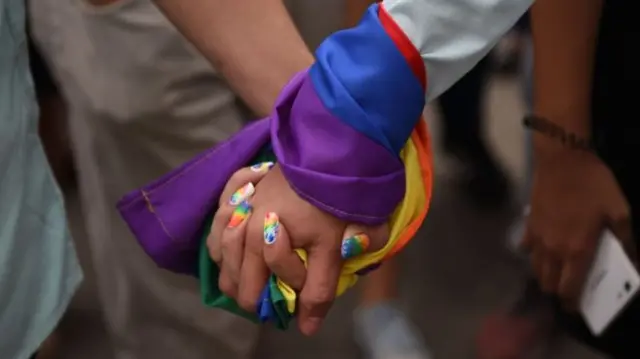That's all from Holyrood Live!published at 17:58 GMT 26 February 2019
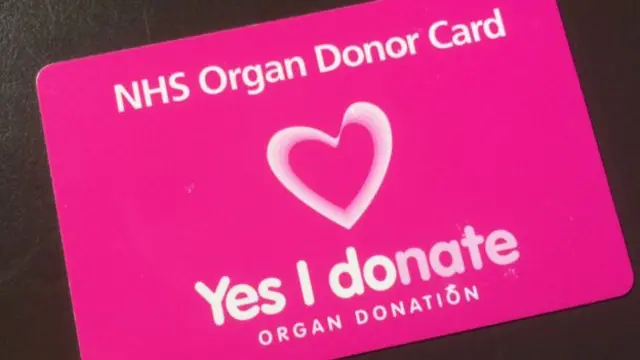 Image source, bbc
Image source, bbcMSPs agree the general principles of the Human Tissue (Authorisation) (Scotland) Bill, external.
107 MSPs backed it, Lib Dem MSP Mike Rumbles voted against and SNP MSPs Christine Grahame and Colin Beattie abstained.
The legislation, if passed, will shift Scotland to a soft "opt-out" system for organ donation.
At present, people must opt in to the system in order to donate their organs for transplants after they die.
Under the proposals published at the Scottish Parliament, it will be assumed people were in favour of donation unless they have stated otherwise.
